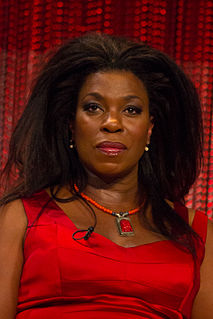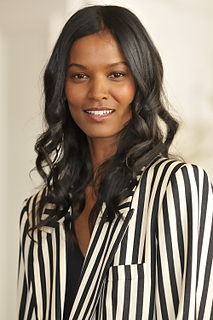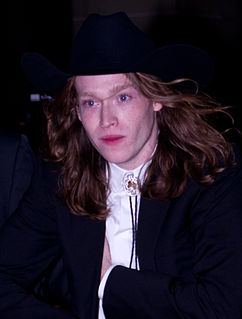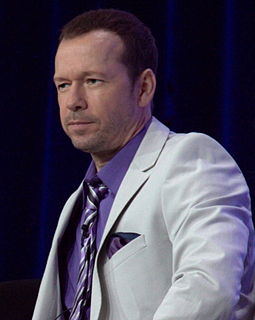A Quote by Toby Jones
I don't know if it's harder but when you're playing a real person you want to honor their memory - even if they're a criminal or someone that the public loathed. That can be challenging.
Related Quotes
In existing criminology there are concepts: a criminal man, a criminal profession, a criminal society, a criminal sect, and a criminal tribe, but there is no concept of a criminal state, or a criminal government, or criminal legislation. Consequently what is often regarded as "political" activity is in fact a criminal activity.
There's always mixed feelings about the work that I do. When you're playing a real person, that's another kind of responsibility. I have to say that every time that I have played a real person, even though I gave it everything I could, I feel like I misinterpreted trying to represent them. All the time I feel like I screwed it up! But I don't know if that's because I can't separate myself from it enough.
If you're playing a fictional character, you can create a character, you can sort of take certain liberties. And when you're playing a real person who's actually standing there watching you, you know, it's - you do feel a weight. You know, you feel an obligation to not only be - to give the best performance that you can, but to make sure that you represent this person.



































